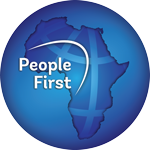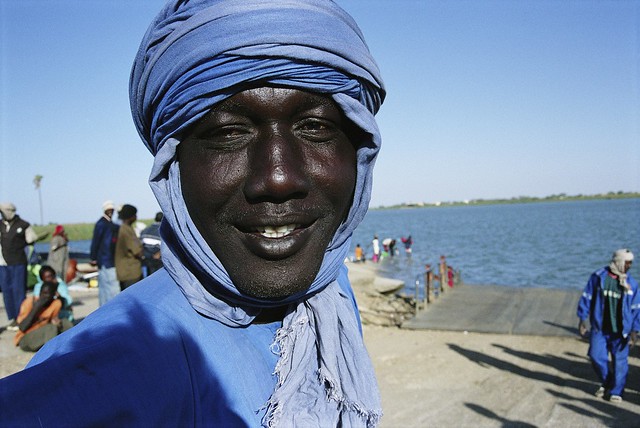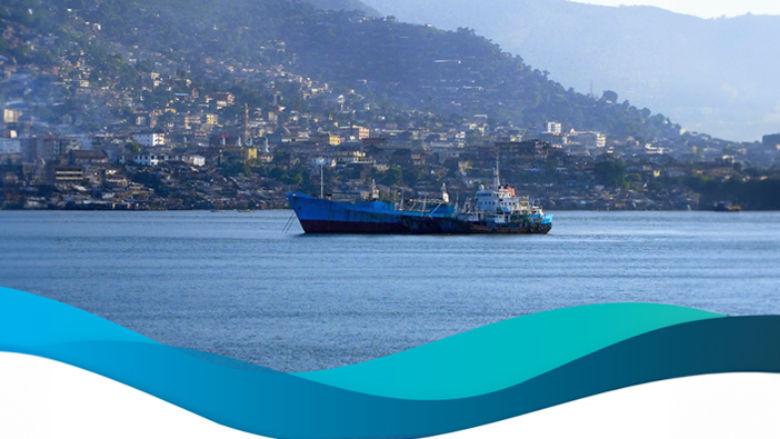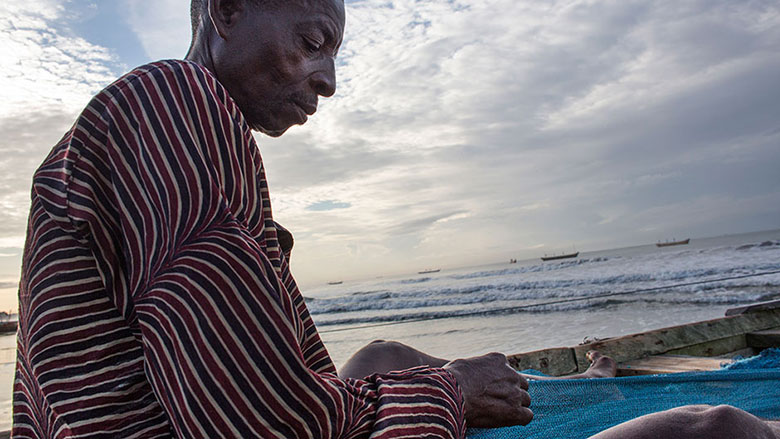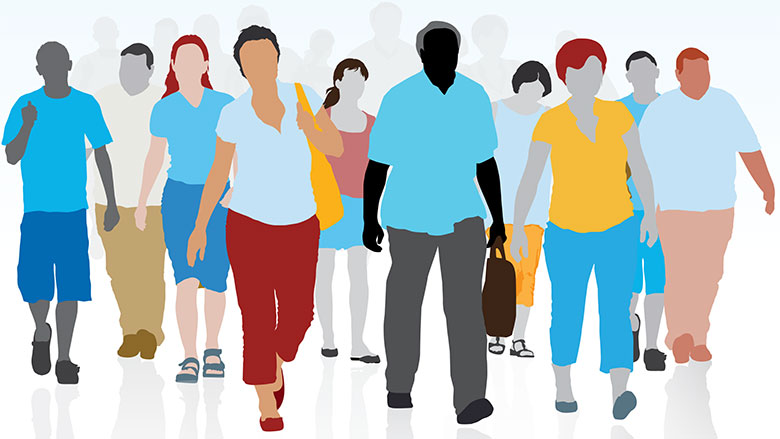About
Sierra Leone's recent history has been marred by a devastating civil war that ended in 2002. Despite significant economic growth in the years following, the country still grapples with the lingering impacts of the war, recurrent pandemics, and polarized politics, which hinder its progress. The majority of Sierra Leoneans are engaged in subsistence agriculture, yet the nation boasts abundant natural resources, including iron ore, diamonds, gold, bauxite, and rutile. Post-war governments have faced the formidable challenge of reconstructing the nation's physical and social infrastructure and promoting reconciliation.
On June 24, 2023, Sierra Leone conducted its sixth general election since the end of the civil war. The incumbent, President Julius Maada Bio of the Sierra Leone People’s Party (SLPP), secured re-election with 56% of the vote. The ruling party also gained a majority in Parliament with 81 seats, surpassing the opposition All People’s Congress (APC), which won 54 seats. The current Parliament, unlike its predecessor, which comprised four political parties and independents, is now a two-party legislature. Post-election tensions between the ruling and opposition parties posed a risk to national stability. However, intervention by regional organizations such as the African Union and ECOWAS, with support from the Commonwealth, led to the signing of the 'Agreement for National Unity' in October 2023. This accord has been pivotal in maintaining peace.
The government unveiled the new Medium-Term National Development Plan (MTNDP) for 2024-2030, which outlines the administration's short-term and long-term objectives.
Economy
Growth slowed to 4.4% in 2025 from 5.7% in 2023, largely due to falling global iron ore prices and slower mining performance. However, despite subdued industry performance, agricultural growth recovered and was buoyed by improved crop harvest, boosted by the government's flagship "Feed Salone" program. Services rebounded as inflationary pressure continued to slow and was boosted by retail and wholesale trade. On the expenditure side, growth was supported by investments, exports and public consumption.
Growth is projected to further slow to 4.3 due to falling iron ore prices and ongoing fiscal consolidation. However, growth will recover to 4.6% by 2027 driven by household consumption due to easing inflationary pressure supported by tight monetary and fiscal stance.
The fiscal deficit is projected to narrow to 4.2% in 2025 on the back of a wider deficit in 2024 (5.6 percent) due to expenditure overruns in the fourth quarter of the year. Spending rationalization and improved domestic revenue performance is expected to support the ongoing fiscal consolidation. However, debt remains at high risk of distress, requiring stronger and more credible expenditure measures.
This outlook is subject to several downside risks. Persistent fiscal overruns could undermine both fiscal and debt sustainability, ultimately jeopardizing macroeconomic stability. External risks include fluctuations in global commodity prices, global demand, and higher imported inflation. Additionally, weather shocks may hinder agricultural growth and poverty reduction.
Last Updated: Oct 06, 2025

